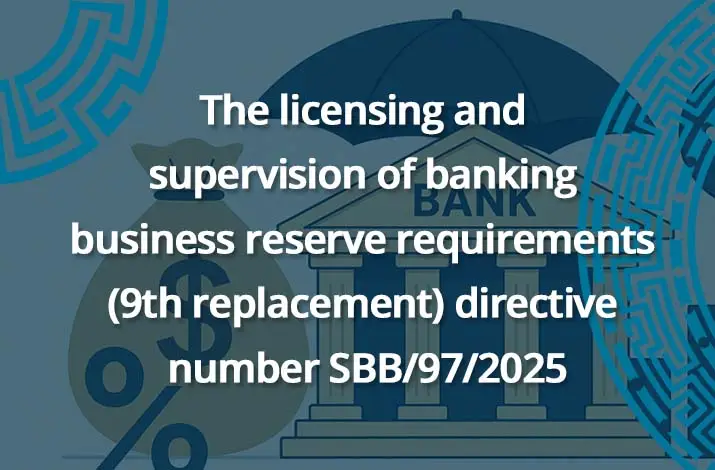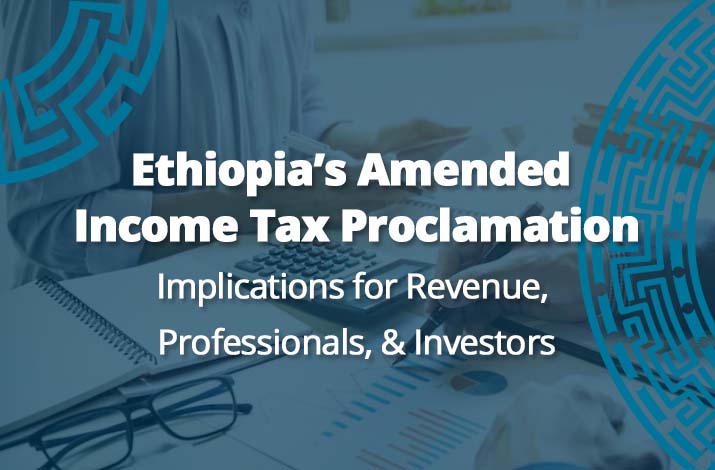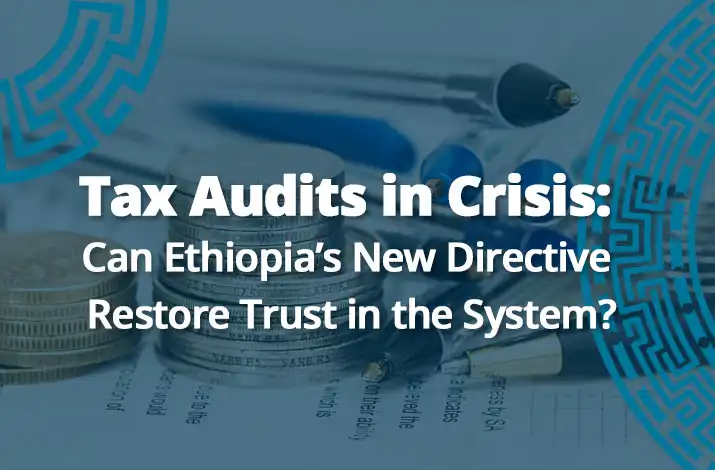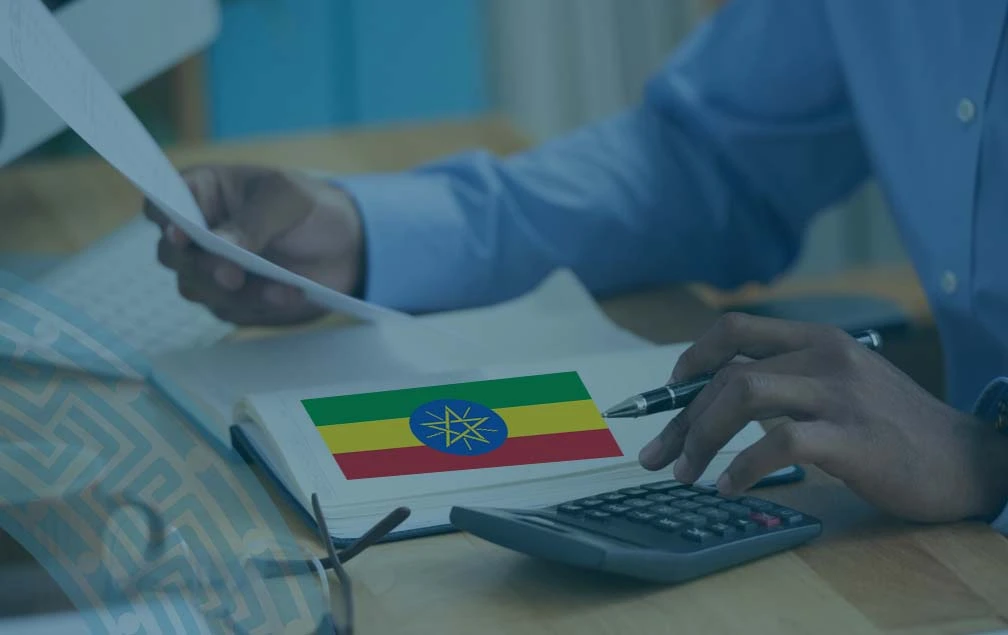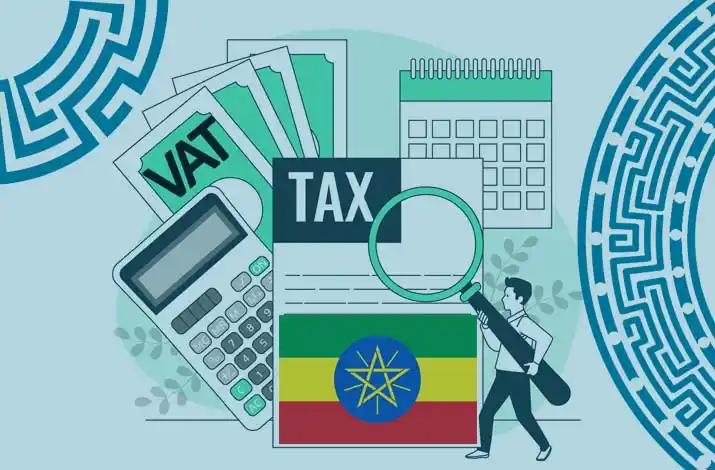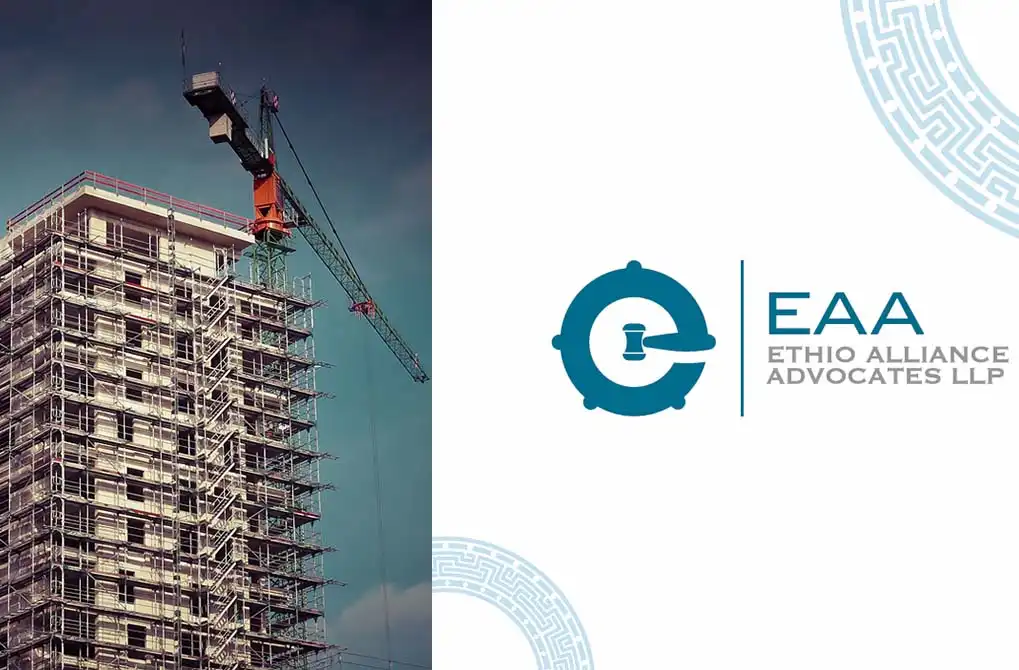Love unto Grave (ፍቅር አስከ መቃብር): The Circulated Contract’s Implications
The well-known and prominent novel love unto Grave (ፍቅር አስከ መቃብር) was adapted in the film series aired by the state media, EBC, in early October. The film series produced by EBC and directed by the renowned cinematographer and director Sew Mehon (Somic). However, after airing for four consecutive episodes, the federal Supreme Court, up on the application of the author heirs issued an interlocutory injection order[2] suspending the broadcasts. Additionally, the court is now entertaining the case brought by the heirs, summoning the defendants to submit their statement of defense.
While the case remains pending and not yet resolved, some individuals and social media influencers have circulated a copy of the contract agreement between the author and Mega Advertisings and entertainment, implicating that the dissemination had legal ground. The author of this piece has observed the ongoing discussions and aims to provide insights into the circulated contract from the perspective of Ethiopian Copyright law. It should be noted that the writer is not privy to the specific facts or legal arguments presented in court. Therefore this commentary is limited to analyzing the implication of the contract provisions in accordance with proclamation no 410 and its amendment.
In this discussion, the writer strictly focused on the conditions outlined in the contract, examining them in contexts of copyright law of Ethiopia.
Introduction
Copyright law is designed around three structural pillars encompassing provisions on copyright protection, copyright utilization (exploitation) and copyright enforcement. Copyright protection leads copyright utilization, and both copyright utilization and copyright protection lead to copyright enforcement. These three concepts are related and inseparable.
Under Ethiopian copyright law, original works of mind, fixed in a tangible medium are protected for 50 years with respects to economic and moral rights. These economic and moral rights are exclusively reserved to the author and the owner, who utilized them through mechanisms of licensing and assignments of rights. Furthermore, breaches of these rights are punished under criminal law and compensated through civil remedies as enforcement mechanism.
A book called love unto Grave (ፍቅር አስከ መቃብር) is a creative, copyright protected work written by Haddis Alemayehu and published in 1958 (1966 GC)[3]. This book was sold to Mega Advertisings and Entertainment on Ginbot 07/1995, as per the circulated excerpt of the contract. Despite the duration of the right protected by law, the aim of this writing is to provide a deeper analysis of the conditions of the contract between the parties for better understanding of copyright contract structuring.
Assignment of right
In copyright law, works of minds are transferred either through assignment or licensing of rights. While licensing of rights is a lease of work, the assignment of rights refers to the transfer of ownership of copyrighted products for a specified and agreed period of time. In the case at hand, the book was transferred, in the form of Assignment of right[4], to the user for adaptation in to theater and films, with all possible manner of uses. The user is entitled to use the work, including but not limited to, video cassettes, CDs and internet platforms. In this regard, the author transfers partial ownership rights of adaptation along with full right of manner of use, in line with article 23 and 24 of the copyright proclamation of Ethiopia.
Since the transfer is by assignment, the user is entitled to many inherent rights. To mention, assignment of rights entitles the user the right of ownership over the work for the period of the contracts. Assignment of rights, by its nature, gives the owner the exclusive right to exploit and enjoy its benefits. In addition, the assignee has a right to transfer acquired rights to other person, arguably, without the consent of the author. In this regard, the Ethiopian law does not explicitly address the requirement of the author’s consent when the assignee transfers the acquired right to others. Therefore, from article 7 of the contract, one can understand that the user of the products obtained the work through assignment and are entitled to the aforementioned inherent rights.
Another point worth mentioning is that failure to stipulate the duration of assignment or licensing in the contract. As this is a contractual condition, the law provides a gap filling provision in these instances. Besides the Ethiopia law provides 10 years of use if the parties fail to provide duration for assignment of rights. Whereas if parties fail to provide use of time of licensing, whether exclusive or non- exclusive, the contract to be remained effective for 5 years. When we take a look at the contract of the parties, they are failed to provide the duration of the contract. In this regard, the assignment right is granted for 10 years as per article 24(3) of the proclamation.
As one inferred from the contract, the parties are agreed to transfer the contract from the date of Ginbot 6/1995 onward. Though they are failed to provide the duration of the contract, the right could only be remained effective under the territory of the user for 10 years from the date of conclusion to Ginbot 5/2005 E.C. In this regard, despite other remaining facts and applicable law, the user is not allowed to use the work after the expiration of the said date according to the proclamation. Furthermore, it can be said that the user must have had the author’s consent before adapting and broadcasting the product. On the other hand, one has to remember is that, the civil code of Ethiopia has nothing to say about the duration of assignment of rights when parties fail to provide in their contracts. In this regards it may be necessary to know the intention of the parties at the time to ascertain the period of the contract.
Non-use of economic Rights
The other point that needs exploration is the effects of the non-use of economic rights after the work is transferred to the user in line with the contract. Under Ethiopian law, the author has the right to revoke the contract on and after the third year of the conclusion of the contract if the assignee fails to exercise their right or does so inadequately, thereby prejudicing the author’s interest. However, the author would not have such right, if the non-use or inadequate exercise of the right is primarily due to author’s circumstance, which the author could reasonably remedy. The right to revoke the contract is not waived in advance according to article 24 (3) of the law.
Under article 9 of the contract the provision concerning to non-use of copyright is stipulated as follows: “ኢንተርፕራይዙ በዚህ ውል የተሰጠውን ኮፒራይት ባለቤትነት ከገዛ በኋላ በተለያዩ ምክንያቶች ወይም እክሎች ስራዎቹን መስራት ሳይችል ቢቀር በባለቤትነት የያዘውን የኮፒራይት መብት ለሌላ አካል መሸጥ ወይም ማስተላለፍ ይችላል፡፡”
Is this legal to put such kind of contractual condition in the contract? First and foremost in drafting the contract we need to know the relevance and the legality of the condition. As far as the relevance is concerned, the condition must be useful either of the parties or for both. In the case at hand, the condition gives the widest right to the user to transfer the right when failed to exercise the right. Thus, it can be said that it is useful and relevant to the user.
But when we come to the legality of the condition, it must be seen and analyzed in light of the default rule of the proclamation. In this regard, if the user is in default of exercising their rights, and thereby harms the author’s rights, they may lose their right to own and enjoy the benefit derived from it. But the fundamental condition of prejudicing the interest of the author must be fulfilled. In this regard, prejudicing the interest of the author may be seen in line with the payment modality[5] the parties agreed and the default rule dictates. Besides, if the parties agree for proportional payment, the author’s right are directly prejudiced if the user fails to generate income from exploiting the right. In this case, the author can raise revocation of the contract to best protect his right. Whereas if the payment agreed is for one-time payment, the interest of the author in terms of money is already settled, so he does not have additional prejudiced rights. Thus, it can be said that the user can exercise the right at any time within the duration of the contract. Besides, one may say, the condition provided is legal in contract structuring until the right to revocation due because of the parties has freedom of contracts. On the other hand, one may argue that, thought the author did not raise the right to revoke; the contractual condition is valid till the last day of the users right of use expired.
On the other hand, despite the financial interests of the author, one may argue that all economic rights are not entirely detached from moral rights; so the author can waive the right in any stage after the time provided by the law. Therefore, on the date or after the expiry of the third year, the author can exercise the right to revocation raising moral right grounds in any stance. Therefore, the financial and moral interests of the author, among other factors, could determine the non-use of economic rights that affects the interest of the author.
Does the author have an obligation to pay back the payment received to the user if the user failed to use the product? In this regards, once the author received money and waited for three years, he has no obligation to pay back the money to the user. The payment made to him is the compensation for him to the non-use of the work for the past three years. In this regard, it can be argued that the author’s heirs are not obliged to pay back to the user.
Territorial applicability of the contract
In the transfer of copyrighted products, one must see where the right is exercised as a fundamental condition of the contract. In many jurisdictions, when the parties fail to specify the territorial scope of the contract, the law, as a default rule, provides that the contract will be enforced in the place where it is concluded. However, Ethiopian copyright law does not contain such a rule. The law does not address this matter. It lets the parties freely negotiate it. However, it has no mechanism to fill the gap when the parties fail to adequately protect the author’s interests.
Moreover, the contract between the parties, under article 6, provides for the territorial applicability of the contract. It attempts to address the issue of where the product is exploited. Thus, it can be said that the agreement seeks to avoid possible conflicts with regard to the place of utilization, though the drafting has defects and is open to interpretation.
Duration of copyright
The right of the author to use Copyrighted works is limited by time. The purpose of this is to grant the author the exclusive right to use their works of mind for a certain period of time and to ensure the public can enjoy cultural products without payment after the author’s right have expired. This is serves to enhance creativity and assures the public right to use in terms of social, cultural, economic, and, technological advancements.
Moreover, according to the writer’s limited investigations, the said book was initially published in 1958 (Ethiopian calendar). Counting from the date of publication to present, the book is 58 years old. Since, copyrighted works are protected for 50 years as per article 20 of the law, it can be concluded that the book is in the public domain. In this regard, procedurally, one may ask whether the heirs have a standing right to sue and what would be happened if the parties fail to raise the 50 year limitation period as a preliminary objection. Does the court have the mandate to raise such a limitation? Let alone the facts and the legal issues to the court, this and similar question might arise with regards to the case.
Conclusion
Based on the contract circulated on the social media, there are issues that can be raised with regards to the nature of transfer, scope of grant, non-use of economic rights, territorial applicability, and, the duration of copyright protected work in light of Ethiopian copyright law. This article primary aim is for only academic and legal discourses, but not more.

